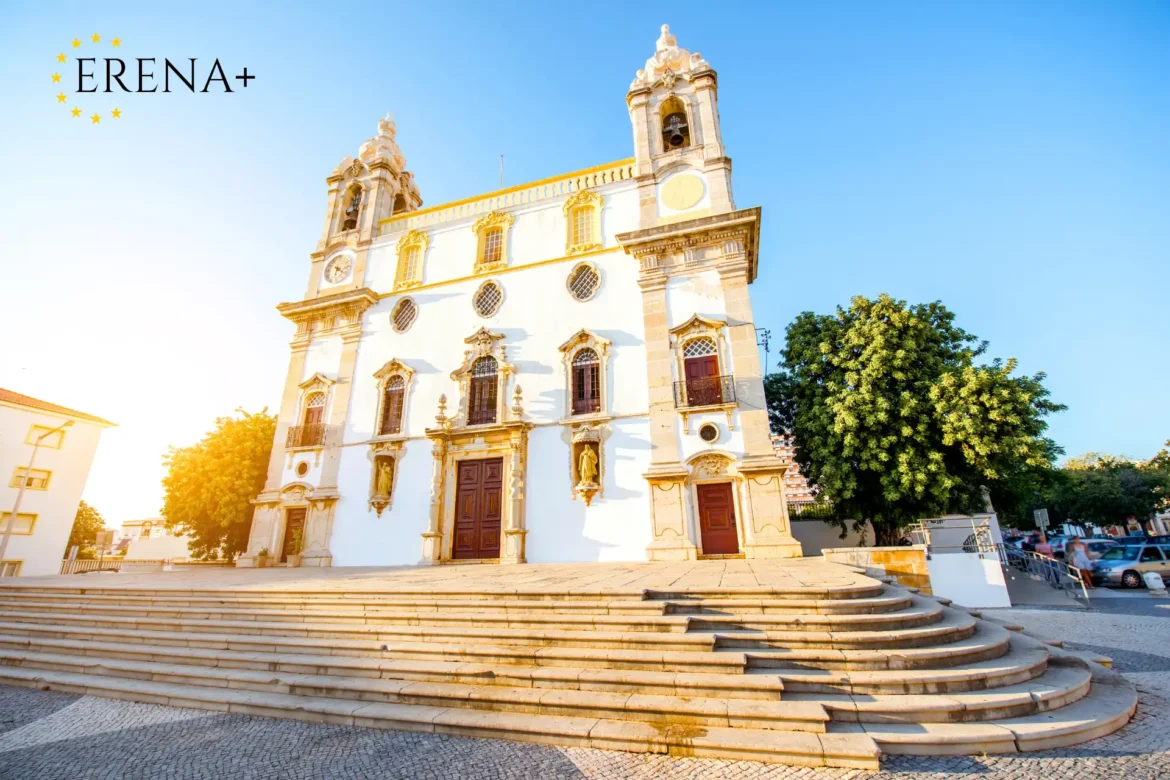Faro, the capital of the Algarve, is rapidly developing as a key hub for tourism, economy, and culture in southern Portugal. The city’s real estate market is experiencing significant growth driven by favorable climate conditions, foreign interest, and local infrastructure projects.
1. Increasing Demand
Demand for real estate in Faro is rising due to interest from tourists, expats, and retirees from Northern Europe. Central city apartments, seaside villas, and suburban homes are particularly sought after. The city’s popularity is growing due to its comfortable climate and high quality of life.
2. Tourism as a Driving Force
The tourism industry has a strong influence on the market. Short-term rental properties are in high demand, particularly during the summer season. Property owners are renovating old buildings or constructing new apartments to capitalize on the rental income potential.
3. Foreign Investments
Foreign buyers, including those from the UK, China, and the US, are actively investing in Faro’s real estate market, supported by programs such as the “Golden Visa.” These initiatives drive price growth and bring vitality to the market.
4. Demographic Changes
Faro is becoming an attractive destination for retirees, families, and digital nomads. Their interest boosts demand for spacious homes and modern apartments suitable for long-term living and remote work.
5. Infrastructure Improvements
Investments in modernizing the airport, road networks, and tourism facilities make Faro increasingly appealing for living and business. A focus on sustainable development further enhances its attractiveness to investors.
6. Prices and Trends
Property prices are rising, particularly in central areas, yet they remain competitive compared to other European cities. Investors are actively seeking land for development and renovation projects.
7. Market Challenges
A shortage of affordable housing for local residents is becoming a pressing issue. Rising prices and the expansion of the short-term rental market are affecting the balance between the interests of locals and investors.
8. Future Prospects
Faro’s real estate market continues to show steady growth. Maintaining a balance between attracting investment and providing affordable housing for locals is crucial. Investments in infrastructure and sustainable development will further strengthen the city’s position.
Conclusion
Faro remains one of the most promising regions for real estate investment in Portugal. The combination of tourism, foreign investment, and local projects makes this city attractive for living, working, and leisure.

